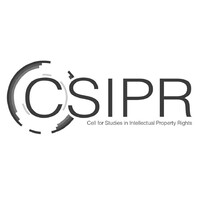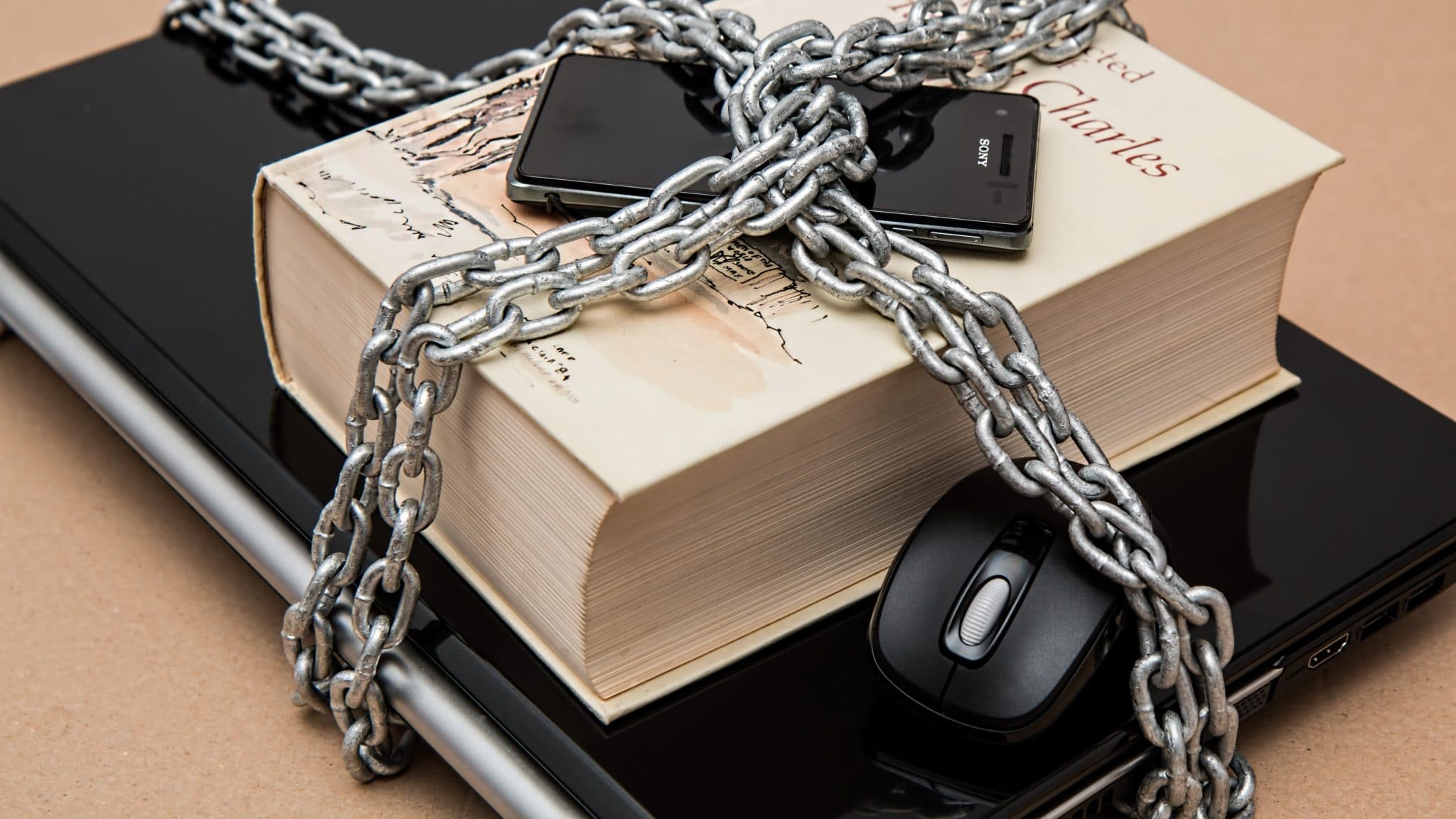[This piece has been authored by Srushti Kekre, a student at the Gujarat National Law University.]
Introduction
In recent times, cyber censorship has been observed to be widely misused by governments around the world causing uproar amongst the masses. Different methods like filtering, blocking, internet shutdown, etc., often encroach upon the right to freedom of speech and expression of an individual. Internet censorship can be broadly defined as control, suppression, modification or dominance by a government or a private individual with respect to the content that can be accessed, viewed or published on the internet. It restricts individuals from using internet as per their will.
Censorship is not a nascent concept. It has existed for many centuries and in many parts of the world. The law of censorship can be dated back to circa 450 BC with the philosopher, Plato, being its ardent supporter. He propagated that censorship is an effective tool to protect children and society from evil influences. Since then, however, this law has evolved manifolds. With technical and scientific advancements, methods of censorship are employed by governments everywhere to their aid.
International Legal Framework pertaining to Censorship Laws
In the current digital era, a state may cite multiple reasons like security of the state, maintenance of public order, decency and morality, defamation, etc. to impose certain restrictions on internet access. However, such restrain may contravene the right to freedom of opinion and expression which has been recognized as a basic human right under Article 19 of the Universal Declaration of Human Rights. Similarly, Article 19 of the International Covenant on Civil and Political Rights propagates “right to hold opinions without interference and right to freedom of expression which includes in its ambit liberty to publish, receive, seek any data or information either orally, in writing or in print through any media. Further it provides that any regulations by the authorities that curtail such liberty must be prescribed by law, implemented in order to protect the rights or reputations of others and to safeguard national security.”
Due to the absence of any binding international guidelines on censorship, however, there is no uniformity in the laws of censorship around the globe. This is often due to differences in cultures, history, level of development, literacy and so on.
The first initiative, led by the United Nations to protect the freedom of speech and expression of people on the internet, was the United Nations Human Rights Council’s Resolution on promotion, protection and enjoyment of human rights on the internet. It is a historic resolution aimed at safeguarding human rights on the web. The Resolution vehemently states that the rights available to an individual offline shall not be restricted online in any manner. It encourages states to adopt special measures or practices to take these issues into consideration within their existing legal framework in consonance with article 19 of UDHR. The Resolution is not binding and thus the objective of balancing right to freedom of speech and expression along with censorship remains unfulfilled.
Indian Scenario
Censorship has existed in India since the colonial times. The British imposed several restrictions on Indian newspapers and journals by a series of laws like the Registration Act, 1876, Vernacular Press Act, 1878, etc. The British government aimed was to curb sedition by enforcing these legislations. Censorship laws were retained in the post-independence era in the form of the Cinematograph Act 1953, Article 124A, i.e., sedition under the Constitution of India, Section 499 that provide for defamation under the Indian Penal Code, 1860, the Cable Television Network Rules, 1994, etc. The most recent addition to the series of laws on censorship is the Information Technology Act, 2000 (“IT Act“), dealing with censorship of content available on the internet. It was followed by the Information Technology (Intermediary Guidelines) Rules, 2011 and the Information Technology (Guidelines for Intermediaries and Digital Media Ethics Code) Rules 2021 (Rules).
In the last few years, there have been many instances of protests by the citizens who fear that the censorship laws in India are becoming draconian in nature like that in China. The censorship laws create apprehension of violation of right to freedom of speech and expression guaranteed under Article 19 (1) (a) of the Constitution of India. But the right to freedom is not absolute in nature. Article 19 (2) enumerates reasonable restrictions on the freedom to safeguard national interest, public order etc. In addition to this Section 69 of the IT Act extensively deals with various reasons of censorship along with procedure of interception, monitoring and decryption of online content. This implies that censorship is indispensable today. Thus, the need of the hour is to maintain equilibrium between laws of internet censorship and the right to freedom of speech and expression granted to each citizen by the Indian Constitution.
India needs a comprehensive system of checks and balances to ensure that the benefits of censorship outweigh its disadvantages. This can only be done if there are efficient laws with effective implementation which do not infringe the basic human rights of the citizens.
The recent Information Technology Rules, 2021 requiring intermediaries to be responsible for any objectionable content on their internet platforms. Of course, the Rules provide for safe harbour provisions for such intermediaries, but this is subject to proper due diligence. The Rules saw outrage from various tech-companies. But laws that make intermediaries liable are critical in nature as it is difficult to measure the extent of their liability given that they are not truly in control or not directly responsible for the act or words and other forms of representing of the thoughts of their users – as intermediaries only provide a platform to express these. The UN Special Rapporteur recommended that private intermediaries should never be delegated with power to censor content as this could result in the infringement of the human rights of any user, given that such intermediaries are not necessarily well versed with the laws of the land. This must be permitted only upon being ordered to do so by a court or a competent authority. The same was reiterated in the 2005 and 2011 Joint Declaration.
Judicial precedents propagating right to freedom of speech and expression
In 2012, the European Court of Human Rights, in the case of Ahmet Yildirim v. Turkey, held that blocking or filtering online content should be practiced only in consonance with a strict legal system guaranteeing of judicial review to prevent abuse of powers by concerned authorities. Further, in Ekin Association v. France, the Court highlighted that a legal framework of censorship should exercise tight control over the scope of restrain. Effective judicial review is imperative to prevent any abuse of power as such filtering mechanisms often encroach upon basic human rights of people.
In landmark judgement Shreya Singhal v. Union of India the Hon’ble Supreme Court of India held that Section 66A of IT Act is unconstitutional and subsequently quashed it. By this judgement the judiciary reinstated the faith of citizens in the principles of the Constitution of India. In Anuradha Bhasin v. Union of India the Supreme Court of India held that: “an indefinite suspension of internet would be illegal. Such restriction on freedom of speech and expression shall be in accordance with the tests of proportionality and necessity. This prevents the arbitrariness of the authorities in application of censorship laws. Further the court held that freedom of expression can be restricted for protection of national security. In this case the court opined that the government was empowered to impose such restrictions on the freedom of speech and expression if they are made public and are subject to judicial review of the court.”
Conclusion
India must evolve a comprehensive legal and technical mechanism in consonance with the United Nations Human Rights Council’s Resolution on Resolution on promotion, protection and enjoyment of human rights on the Internet. It is imperative that procedural safeguards are followed by these mechanisms with adequate reference to basic human rights. The goal that restriction or censorship seeks to achieve and the means to achieve this should align with each other proportionately. Fundamental tenets of law like presumption of innocence of the alleged accused, right to fair trial in accordance with the principles of natural justice, right to justice in a reasonable period of time, right to be heard, right to review should be an integral part of the legal framework regulating censorship. These safeguards will help to ensure an equilibrium is attained between the human rights and censorship laws.



